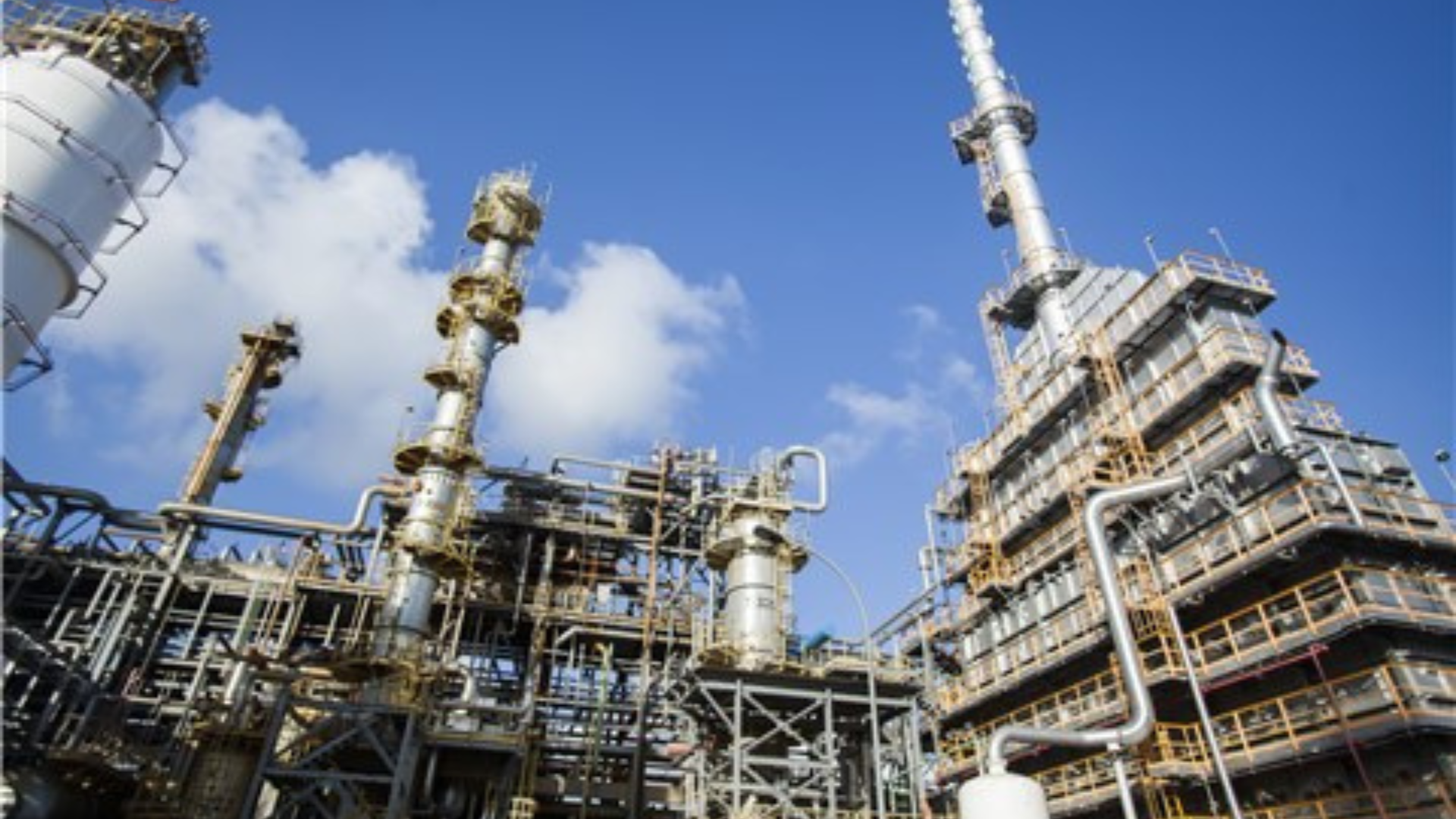Latin American Petrochemicals Face Decision Time
- Latin America | 22 September 2018

The past few years have presented significant challenges for Latin American economies, particularly in the wake of the commodity super-cycle downturn. Additionally, political events such as the unpredictable foreign trade moves by US President Donald Trump, the election of López Obrador in Mexico, upcoming polls in Brazil, and the political and economic volatility in Argentina have contributed to an atmosphere of uncertainty in the region.
The petrochemicals and chemicals industry, heavily influenced by sustained economic growth and vulnerable to political fluctuations, has faced difficulties in this context. Ignacio Torras, president of Tricon, a global player in petrochemical trading and distribution, emphasized the delicate nature of liability management in the face of major threats such as the economic crisis in Argentina, political shifts in Brazil and Mexico, and the ongoing collapse of Venezuela. The economic backdrop, coupled with depressed oil prices, has had a significant impact on Latin America’s petrochemical industries. Brazil, in particular, experienced a deep recession that resulted in insufficient domestic demand for its polyethylene production. The decline in oil prices also deterred investments in the region’s petrochemical sector, leading to a scarcity of new projects.
Simultaneously, the shale gas revolution in the United States has had far-reaching effects on product flows in Latin America. Despite having significant upstream reserves, the region has struggled to create the necessary conditions to exploit them. With few exceptions like Braskem Idesa’s Etileno XXI project in Mexico, there have been limited investments in petrochemical plants, while the US has experienced a surge in new projects across its value chain.
José Luis Uriegas, past president of APLA and CEO of Grupo Idesa, acknowledged the clear advantage the US holds in terms of feedstock availability, making it challenging for Latin America to compete for new investment projects. The current investment wave in the US, set to continue until 2020, is resulting in a new supply of ethylene and derivatives reaching Mexico and, eventually, other Latin American markets. An illustrative example of this dynamic is Pemex’s first-ever ethane import from the US, which led to a three-year contract with US supplier Vitol. While this development is partly due to Pemex’s declining production, access to competitive feedstock from the US presents an intriguing opportunity to attract investment, given Latin America’s large and growing market for various products.
According to Torras, North America is poised to become a major player in global ethylene derivatives, particularly polyethylene and glycols. The Latin American polyethylene industry, which faces a net shortage, stands to benefit from access to more competitive resin. Moreover, converters and processors in Latin America should view this as an opportunity to expand their business and think on a global scale. Rina Quijada, senior director Latin America at IHS Markit, believes that despite the political challenges, the industry is poised for sustained growth in the region. Latin America possesses the necessary raw materials and technology, while strong market demand exists. Quijada highlighted Brazil’s pre-salt reserves and Argentina’s Vaca Muerta as not just future prospects but current realities, further underscoring the region’s potential for the industry’s growth.
Latin America faces a pressing need to address its infrastructure development to unlock the full potential of its growing market. Insufficient logistics efficiency hampers profitability and competitiveness, an ongoing concern highlighted at APLA’s Logistic Meetings. The 20th edition of this event took place in Santiago in May 2018.
Fernando Reinecke, president of the 2018 Logistic Meeting and regional logistics and customer service manager at Methanex Corporation in Chile, emphasized Latin America’s significant inefficiency due to its infrastructure deficit and terminal congestion. He specifically pointed out Brazil and Argentina as countries facing serious problems, noting that these issues have a ripple effect on smaller markets like Chile, Peru, and Colombia, as ship-owners have to navigate congested main ports.
Ignacio Torras of Tricon, a global player in the industry, highlighted the persistent challenges posed by poor and outdated infrastructure in Latin America. Whether it is bulk or containerized cargo, importing and exporting from the region remains a daunting task compared to other parts of the world. Operational costs remain high, limitations on draft prevent larger and more efficient vessels from calling at ports, internal transportation relies heavily on trucks, while river-ways and railways are underdeveloped and underutilized. The inadequate state of the region’s infrastructure can be traced back to political instability. Infrastructure development requires long-term planning that transcends the short-term nature of political mandates. Moreover, the far-reaching Lava Jato corruption scandal, which has affected numerous countries in the region, has further hindered progress in infrastructure development.
Eduardo Praselj, president of the Logistics Association of Venezuela (ALV), shed light on the bureaucratic challenges hindering infrastructure projects in Brazil. While there has been talk of public-private partnerships and plans to construct new facilities, the bureaucratic hurdles have been a significant obstacle. Praselj emphasized that the government’s role should extend beyond trade control to facilitating trade, which is not always the case in certain countries. As a result, many products are entering Mercosur through Uruguay instead of more efficient ports in Argentina or Brazil.
In conclusion, Latin America’s lack of efficient infrastructure poses a considerable barrier to its market potential. Addressing this issue requires long-term planning, streamlined bureaucracy, and a shift in the government’s role to actively facilitate trade. By investing in modernizing and expanding infrastructure networks, Latin America can enhance logistics efficiency, boost profitability, and bolster its competitiveness on the global stage.








